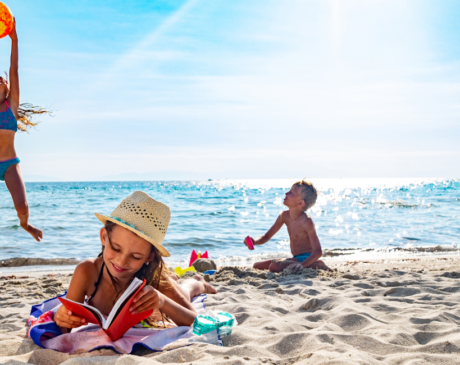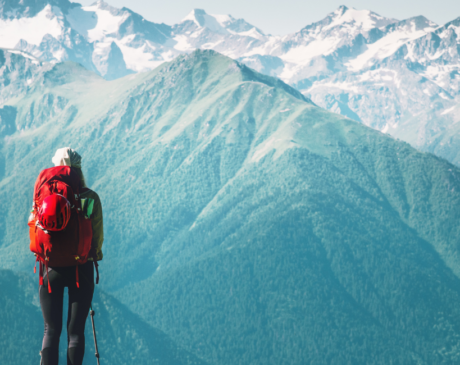Essential Camping Gear: The Ultimate Guide to Camping Like a Pro
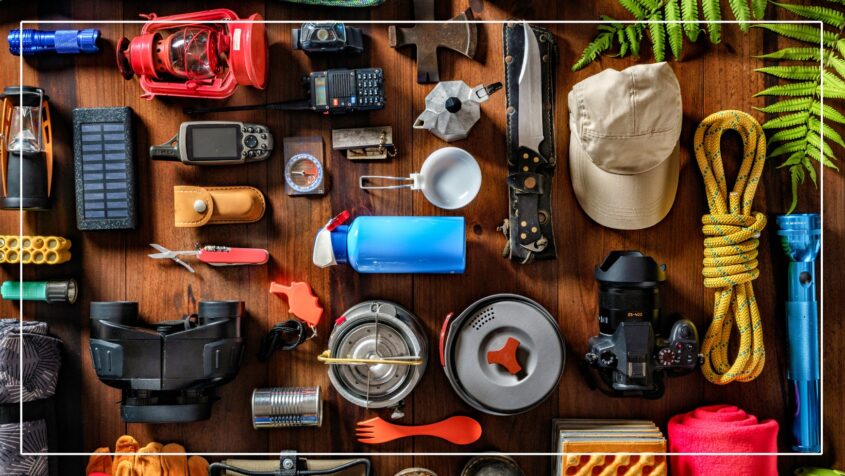
When heading into the great outdoors, having the right camping gear can make or break your adventure. Whether you’re a seasoned explorer or a first-time camper, understanding the essentials is key to staying safe, comfortable, and prepared. This comprehensive guide will walk you through everything you need to know about essential camping gear, from the basics to advanced tools, ensuring you’re ready for any adventure.
What Gear Do You Really Need for Camping?
The foundation of any successful camping trip is having a well-thought-out gear checklist. But what do you truly need to bring along? The answer largely depends on your camping style, location, and duration. However, here’s a list of non-negotiable essentials for most scenarios:
- Shelter: A durable tent suited to your environment. Look for features like weather resistance, ventilation, and easy setup.
- Sleeping Bag and Pad: Opt for a sleeping bag rated for the temperatures you expect and pair it with a sleeping pad for insulation and comfort.
- Cooking Gear: A lightweight stove, fuel, and compact cookware are a must. Don’t forget utensils and a reliable lighter or waterproof matches.
- Lighting: Lanterns, headlamps, or flashlights with spare batteries will ensure visibility after dark.
- Navigation Tools: A map, compass, or GPS device to keep you on track.
- Clothing: Layering is key—pack moisture-wicking, quick-drying clothes suitable for the weather, along with sturdy hiking boots.
- Water Filtration System: Staying hydrated is critical, so carry a water filter, purification tablets, or a portable filtration bottle.
These items form the basic camping gear list, setting you up for a safe and enjoyable trip.
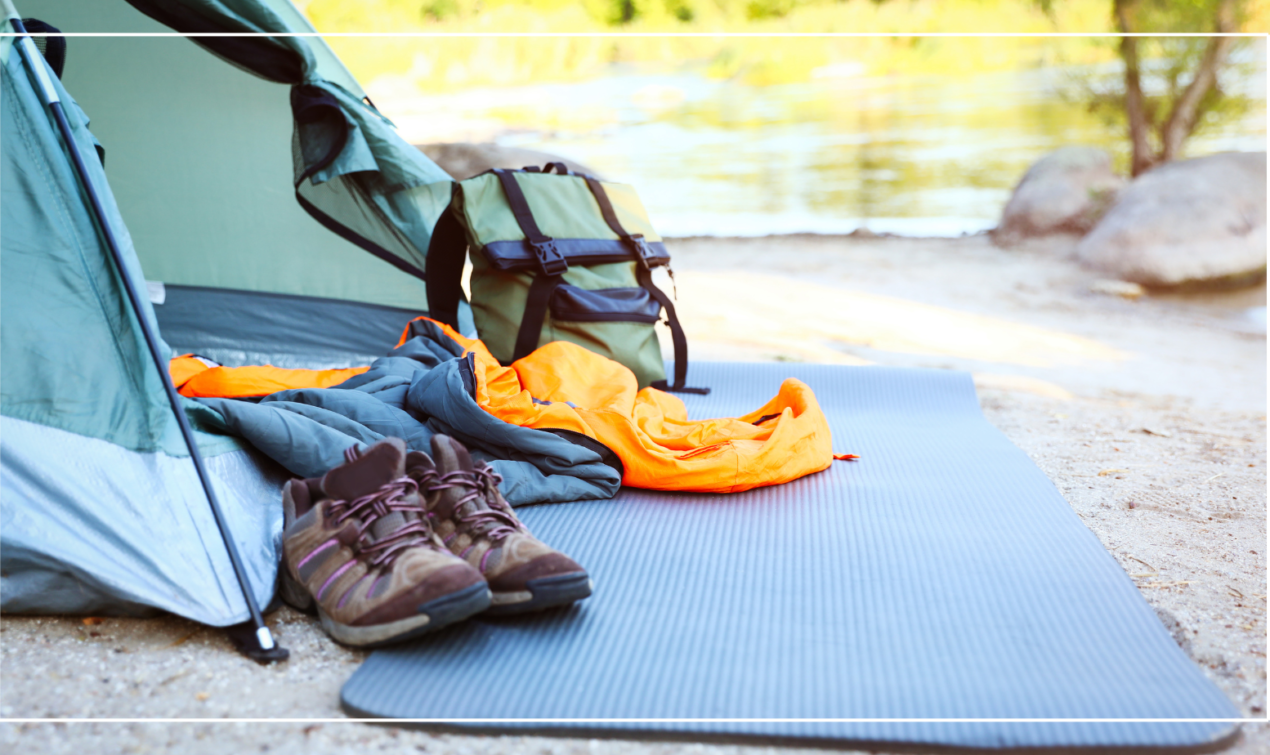
Lightweight Camping Essentials: Packing Smart
If you’re trekking into the wilderness, packing light is crucial. Striking the balance between lightweight and functional gear requires careful planning. Here are some tips:
- Ultralight Tents and Sleeping Bags: Look for compact tents made from lightweight materials and sleeping bags designed for backpackers.
- Multi-Purpose Tools: A Swiss Army knife or a multitool can replace several heavier items in your pack.
- Collapsible Cookware: Compact pots, pans, and cups save space without sacrificing utility.
- Quick-Dry Towels: Lightweight and highly absorbent, these are perfect for campers on the move.
- Silicone Collapsible Bowls: These versatile bowls fold flat and take up minimal space.
- Compact Solar Charger: Keep your essential devices powered without adding weight to your pack.
- Packable Rain Jacket: A lightweight, foldable rain jacket ensures you stay dry without bulk.
- Stuff Sacks or Compression Bags: Organize and compress clothing, sleeping bags, and other gear for better packing efficiency.
Packing light doesn’t mean sacrificing comfort or safety—it means prioritizing lightweight camping essentials that streamline your experience.
Must-Have Camping Equipment for Beginners
For first-time campers, the sheer variety of camping gear can feel overwhelming. Focus on the basics to get started without overspending or overpacking. Here’s what beginner campers should prioritize:
- User-Friendly Tent: Look for a tent that’s easy to set up, even solo. Dome tents are often beginner-friendly.
- Pre-Seasoned Cooking Set: Invest in a starter set that includes pots, pans, and utensils to simplify meal prep.
- Comfortable Sleeping Bag: Choose one with ample padding and a straightforward design.
- First Aid Kit: A pre-assembled first aid kit can save time and ensure you have all the essentials.
- Basic Navigation Tools: A compass or map to prevent getting lost.
- Headlamp with Extra Batteries: Ideal for hands-free lighting after dark.
- Insulated Water Bottle: Keeps your water cool and refreshing during long hikes.
- Portable Camping Chair: A lightweight chair for added comfort while relaxing at the campsite.
Remember, it’s better to start with basic camping gear for beginners and gradually build your collection as you gain experience.
Budget-Friendly Options: Essential Camping Gear That Won’t Break the Bank
Camping doesn’t have to cost a fortune. With a little research, you can find affordable yet reliable camping gear that suits your needs. Here’s how to get started:
- Shop Sales and Discounts: Many outdoor retailers offer seasonal sales, especially at the end of summer.
- Rent Gear: Renting tents or sleeping bags is a great way to save money if you’re camping for the first time.
- Buy Second-Hand: Check online marketplaces or thrift stores for lightly used gear.
- DIY Solutions: For some items, like lanterns or storage, you can repurpose household items.
By focusing on budget camping gear, you can make your adventure accessible without compromising quality or safety.
Top Camping Essentials Checklist
When packing for your trip, a camping essentials checklist ensures you won’t leave anything important behind. Here’s a streamlined list of must-haves:
- Camping Shelter: Tent, footprint, and stakes.
- Sleeping Setup: Sleeping bag, sleeping pad, and pillow.
- Food and Cooking: Stove, fuel, pots/pans, utensils, and food storage.
- Clothing: Weather-appropriate layers, hats, gloves, and extra socks.
- Hydration: Water bottles, filters, or hydration packs.
- Safety Gear: First aid kit, flashlight, spare batteries, and a whistle.
- Personal Items: Sunscreen, bug spray, toiletries, and medications.
This checklist covers both basic camping gear and advanced tools for more demanding adventures.
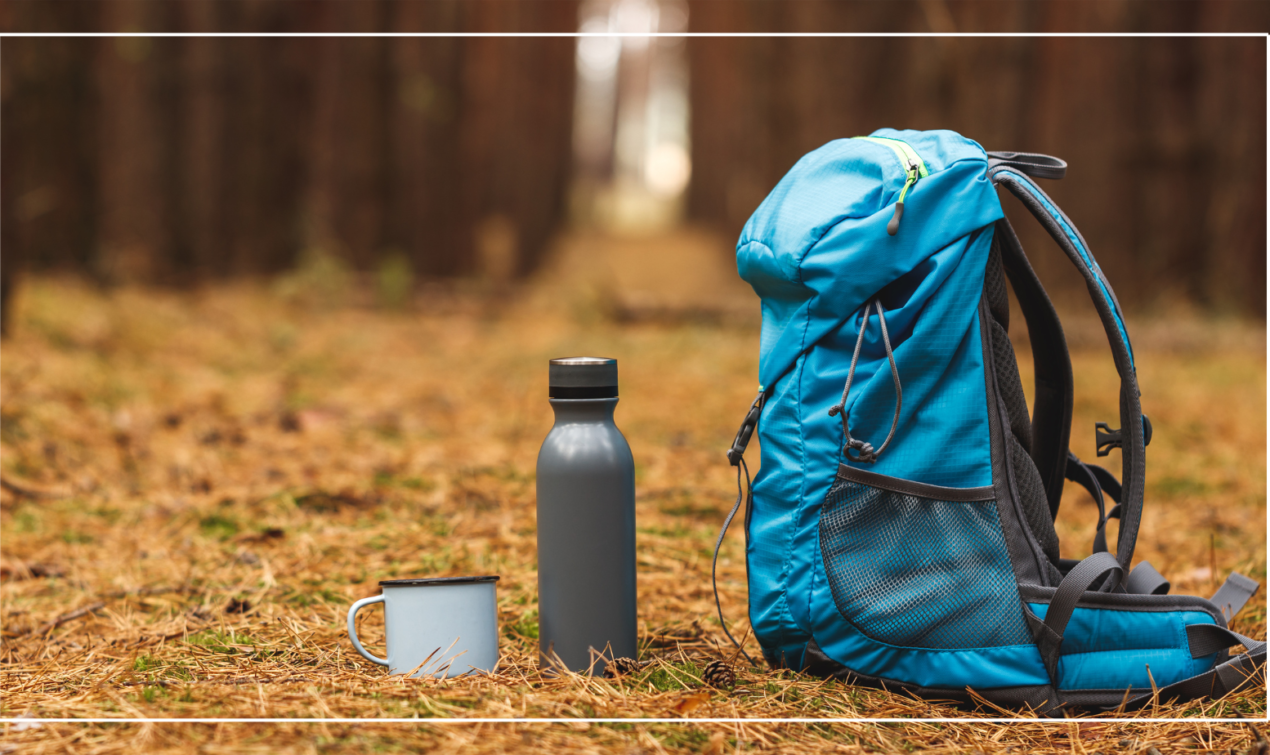
Compact Camping Gear: Saving Space Without Sacrificing Essentials
For those with limited packing space, compact camping gear is the way to go. Many modern tools are designed to fold, collapse, or compress for convenience. Examples include:
- Folding Chairs: Lightweight and easy to store.
- Roll-Up Tables: Perfect for meal prep and dining.
- Compact Sleeping Pads: Self-inflating models are both comfortable and space-saving.
- Collapsible Coolers: Great for keeping food fresh without taking up too much room.
Investing in compact options makes it easier to carry everything you need without the bulk.
Outdoor Survival Gear: Staying Safe in the Wild
No matter how well you plan, nature is unpredictable. Having the right outdoor survival gear is critical for handling emergencies. Key items include:
- Emergency Shelter: Space blankets or bivvy sacks for unexpected weather changes.
- Fire-Starting Tools: Waterproof matches, a lighter, and firestarter cubes.
- Survival Knife: A durable knife for cutting, slicing, and protection.
- Whistle: Essential for signaling if you get lost.
- Portable Power Bank: To keep your devices charged in case of extended trips.
Even on well-planned trips, these tools provide peace of mind and ensure safety.
Choosing High-Quality Essential Camping Gear Without Overspending
When shopping for camping gear, quality matters, but you don’t have to buy the most expensive items. Here’s how to make smart purchases:
- Read Reviews: Online reviews can give you insight into durability and performance.
- Test in Store: Visit outdoor shops to feel the weight, texture, and setup process.
- Focus on Versatility: Multi-functional gear is often more cost-effective.
- Start with the Basics: Build your collection gradually instead of buying everything at once.
By following these tips, you’ll have a curated selection of must-have camping equipment that fits your budget.
Final Thoughts: Be Prepared for Every Adventure
Investing in the right essential camping gear transforms your outdoor experience from stressful to seamless. Whether you’re setting out for a weekend getaway or embarking on a backcountry adventure, the gear you choose plays a vital role in your comfort and safety.
Start with a basic camping gear list, adapt it to your specific needs, and don’t shy away from lightweight and compact options. Remember, the outdoors is about connecting with nature—not lugging around unnecessary items. So, pack wisely, prioritize safety, and let your next camping trip be one for the books.
Happy camping! 🏕️

